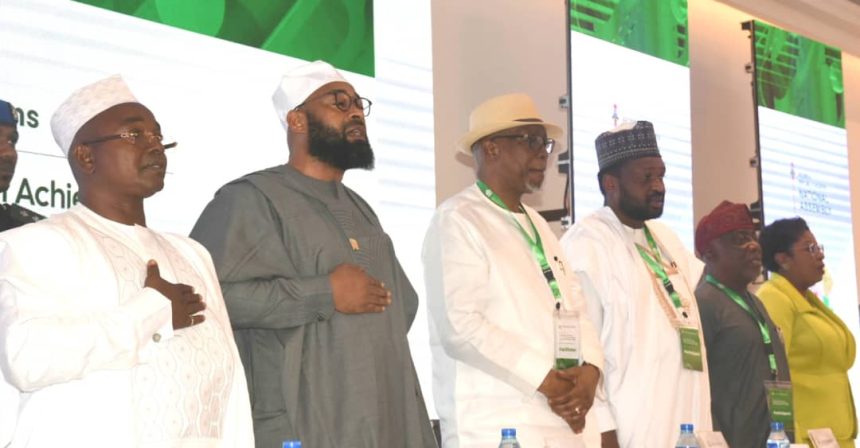Stakeholders in the education sector have called for a thorough review of existing laws governing the National Examination Council (NECO).
The review according to them would instigate reforms that reflected the technological advancements and evolving needs of the educational landscape.
They made the call in Abuja on Monday, at a one-day retreat by NECO.
The retreat is titled “Legislative Functions: The Imperatives of Achieving NECO’s Mandate and the Challenges of Examination Legislation in Nigeria”.
Speaking at the event, Gov. Mohammed Bago of Niger state emphasised the need to look into the existing laws that guide NECO in the conduct of its various examinations to address issues of artificial intelligence.
“Artificial intelligence has come to stay, so our law must also be able to key into this technological advancement. So this retreat is timely.
“I only call on NECO and stakeholders to expand it beyond this hall.
“So that other stakeholders will have input and also be able to come out with a robust policy and laws in order to be sent to national assembly,” Bago said.
On his part, the Registrar of NECO, Prof. Ibrahim Wushishi, said the challenges in fulfilling NECO’s mandate highlighted the critical need for a robust legislative framework.
Wushishi identified infrastructural constraints, surge in candidate enrolment, inadequate funding, examination malpractice, amongst others as some of the key hurdles faced by the examination body.
He also stressed the need for a review of the existing laws of the Council.
Also speaking, the Minister of State for Education, Dr Yusuf Sununu, called for an urgent need to review and modernise the legislative framework to effectively address some of the challenges to enable NECO effectively achieve its mandate.
Sununu was represented by the Permanent Secretary of the Ministry, Didi Walson-Jack.
“NECO plays an indispensable role in ensuring the sustainable management of our educational landscape.
“In spite of the significance of the examination legislation, we cannot ignore the challenges we face, from outdated laws and validation to emerging issues like examination malpractice and digital transformation.
“There’s an urgent need to review and modernise the legislative framework to effectively address these challenges,” he added.(NAN)












